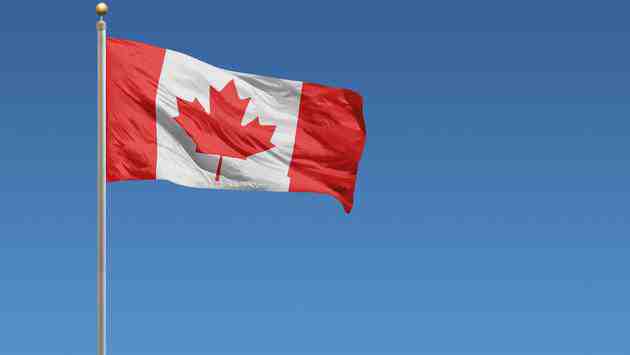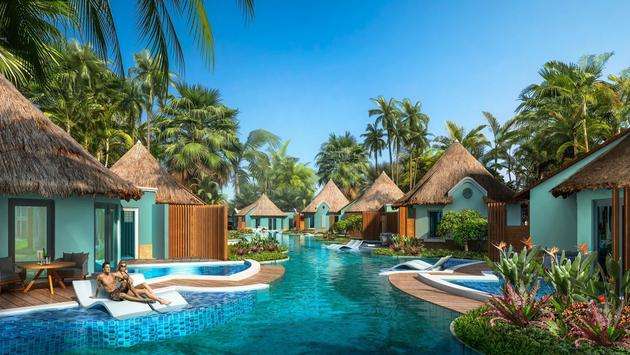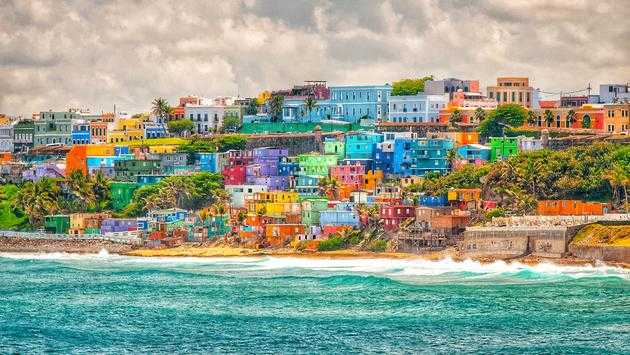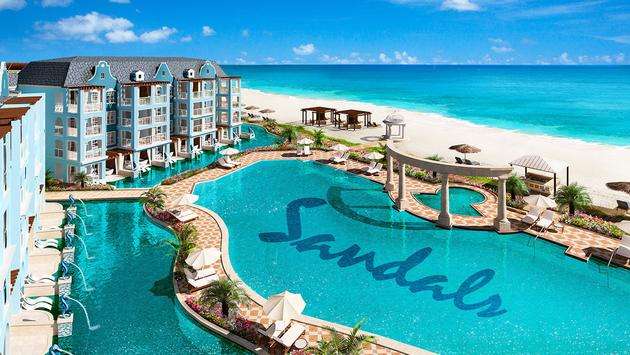Responding to new, highly-transmissive COVID-19 variants, Canadian Prime Minister Justin Trudeau today announced toughened restrictions on both inbound and outbound travelers. Most notably, imposing a mandatory hotel quarantine on international visitors to Canada upon arrival, and discontinuing all airline service to Mexico and the Caribbean through April 30.

According to ABC News , Trudeau said that—on top of the pre-travel test that Canada already requires for entry—the government will set up mandatory PCR testing at airports for returning residents and arrivals.
“Travelers will then have to wait for up to three days at an approved hotel for their test results, at their own expense, which is expected to be more than $2,000,” Trudeau said. “Those with negative test results will then be able to quarantine at home under significantly increased surveillance and enforcement.”
It’s already a requirement for anyone entering Canada for nonessential purposes to present a negative COVID-19 test taken within the 72 hours prior and to self-quarantine for 14 days upon arrival. But, increased strain on healthcare systems, delays in getting vaccines rolled out and the emergence of new variants has highlighted the need for stricter controls.
The new hotel-quarantine requirement is also intended to discourage Canadians from vacationing outside the country, since they presumably won’t wish to pay steep prices to quarantine at a hotel upon returning. The high estimated price of such hotel stays factors in the expense of a PCR test, on-site security, meals and the designated hotels’ cost for implementing measures to keep their employees safe.
“The cost is a ballparking. This isn’t like any other facility. This is one where there has to be infection prevention control measures, security and other costs, as well. It’s not just a regular stay at a hotel,” said Dr. Theresa Tam, Canada’s chief public health officer. Tam explained that security contractors will then be going door-to-door to verify compliance among returnees who are completing the at-home portion of their quarantine.
On the other hand, those who test positive will be required to immediately enter quarantine at designated government facilities, where they’ll be tested to determine whether they’re carrying any of the new, more concerning, COVID-19 variants.
The prime minister also said that Canada’s major airlines—Air Canada, WestJet, Sunwing, and Air Transat—are on board with the government’s decision to stop service to Mexico and all Caribbean destinations, starting January 31 and up until April 30. “They will be making arrangements with their customers who are currently on a trip in these regions to organize their return flights,” Trudeau said.
He also said that, beginning February 1, all international passenger flights into Canada will be landing at one of only four airports: Vancouver, Toronto, Calgary and Montreal.
The permeability of land borders has also been a concern throughout the pandemic, although Canada and the U.S. have officially maintained the closure of land borders to all but essential travel. Trudeau said today, “We will also, in the coming weeks, be requiring nonessential travelers to show a negative test before entry at the land border with the U.S., and we are working to stand up additional testing requirements for land travel.”
Canadian officials have felt the need to get more aggressive with travel restrictions and requirements after having already implored residents to discontinue all nonessential travel as COVID-19 cases continue to surge and finding that many opt to vacation in sunny destinations anyway. "Unfortunately, some are making the choice to engage in nonessential travel. If they are going to make that choice, they should bear the full cost,” said Public Safety Minister Bill Blair.






Leave a Comment